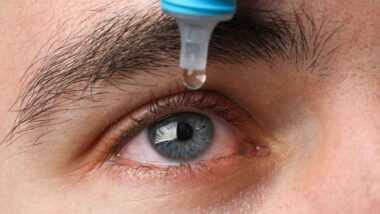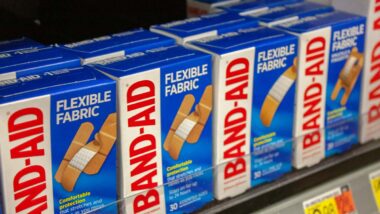 Tens of thousands of women have received bladder sling implants that contain synthetic materials like polypropylene to treat their stress urinary incontinence. As two bellwether trials indicate – one against Johnson & Johnson subsidiary Ethicon and the other against C.R. Bard — jury awards for victims of transvaginal mesh side effects could be in the millions of dollars.There are thousands of plaintiffs who have suffered from vaginal mesh side effects that have already filed lawsuits, and more are being filed each week. Some legal experts say that considering the number of claims, bladder sling injury lawyers could net clients a total of $5 billion or more in lawsuit settlements. In the Ethicon case, a woman who had to undergo 18 revision procedures was awarded $11 million for her injuries.The good news for many victims of vaginal mesh side effects is that the cases involve numerous manufacturers. So while each firm could face tens of millions of dollars in awards or settlements — if not hundreds of millions — plaintiffs are not drawing from the coffers of any one company. Another piece of information that is significant is that the design flaw alleged affects all manufacturers.
Tens of thousands of women have received bladder sling implants that contain synthetic materials like polypropylene to treat their stress urinary incontinence. As two bellwether trials indicate – one against Johnson & Johnson subsidiary Ethicon and the other against C.R. Bard — jury awards for victims of transvaginal mesh side effects could be in the millions of dollars.There are thousands of plaintiffs who have suffered from vaginal mesh side effects that have already filed lawsuits, and more are being filed each week. Some legal experts say that considering the number of claims, bladder sling injury lawyers could net clients a total of $5 billion or more in lawsuit settlements. In the Ethicon case, a woman who had to undergo 18 revision procedures was awarded $11 million for her injuries.The good news for many victims of vaginal mesh side effects is that the cases involve numerous manufacturers. So while each firm could face tens of millions of dollars in awards or settlements — if not hundreds of millions — plaintiffs are not drawing from the coffers of any one company. Another piece of information that is significant is that the design flaw alleged affects all manufacturers.
Adverse reactions to transvaginal mesh implants occur because the human body sometimes rejects polypropylene and related synthetic mesh materials. That leads to infection and swelling, which can cause the implant to puncture organs and protrude through the vaginal wall. Nearly every company thought that surgeons would opt for synthetic bladder sling implants because they would last longer, but the added strength and durability makes it difficult to adjust or remove the device if problems occur.
Interestingly, developments focusing on men with incontinence issues may benefit women if new devices are approved in the U.S. market. Bladder sling implants in the UK are being developed and tested and they are adjustable after the initial procedures. Considering that an average of four revision procedures are required for these devices when they fail in women, adjustable implants could make a significant difference.
That may be of little solace to former patients who did not realize the risks that vaginal mesh implants from Ethicon, C.R. Bard and many other manufacturers carried. Learn more about your legal options and get a free legal consultation with a bladder sling implant lawyer at the Vaginal Mesh Sling Class Action Lawsuit Investigation. Many women are finding that they could get a jury award or settlement to help with their pain, suffering and decreased quality of life, so determining one’s eligibility is the first step in this process.
Updated March 20th, 2013
All medical device, dangerous drug and medical class action and lawsuit news updates are listed in the Drug and Medical Device section of Top Class Actions.
Top Class Actions Legal Statement














